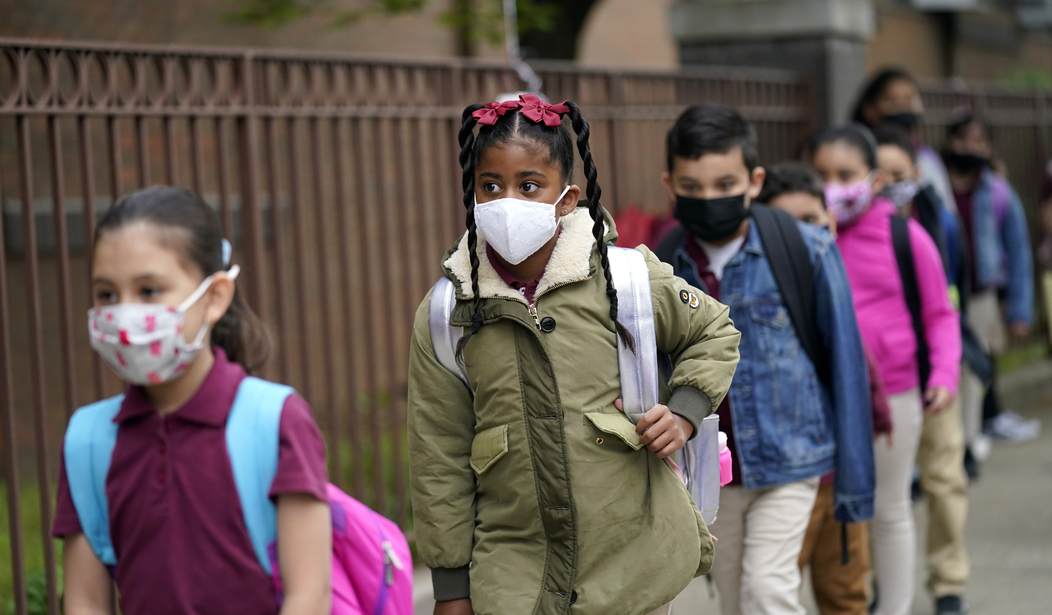Today, pharmaceutical company Pfizer reportedly submitted COVID-19 vaccine data to the Food and Drug Administration (FDA) in an effort to attain Emergency Use Authorization (EUA) to administer the vaccine in children ages 5 to 11. As of right now, the Pfizer vaccine is the only Wuhan coronavirus vaccine that has received the Administration's full and final approval for eligible adults. Also released on Tuesday is a timely poll that shows what percentage of parents would get their children ages 5 to 11 vaccinated if it were to become available.
A survey conducted by Gallup shows what percentage of parents would get their children vaccinated against the Wuhan coronavirus. As the results show, 55 percent of parents with children under 12 surveyed would get their children vaccinated if it became available. Forty-five percent said they would not get their children vaccinated if it became available. The poll write-up notes that the survey ended one day before Pfizer and BioNTech announced they would seek Emergency Use Authorization (EUA) from the Food and Drug Administration (FDA) for their COVID-19 vaccine for children aged 5 to 11.
The data provided by the poll shows that parent's eagerness to have their child vaccinated against COVID-19 varies on their degree of worry about contracting the virus, their own vaccination status, and their party identification.
Out of the 55 percent of respondents who would get their children vaccinated, 90 percent of them are "very worried" about their child contracting covid. Eighty-two percent of them are fully vaccinated themselves. Eighty-three percent of them identify as Democrats, 50 percent are Independents, and 21 percent are Republicans.
When respondents with children under 12 were asked if they were "very worried," "somewhat worried," "not too worried," or "not worried at all" about their children contracting the virus, percentages were in the same ballpark. Twenty-four percent of parents said they are "very worried." Thirty-two percent of parents said they are "somewhat worried." Twenty-two percent of parents said they are "not too worried." Twenty-three percent of parents said they are "not worried at all."
Recommended
Out of the respondents who answered "very worried," 38 percent identify as Democrats, 16 as Independents, and five percent identify as Republicans. Out of the respondents who answered "somewhat worried," 44 percent identify as Democrats, 28 percent as Independents, and 19 percent as Republicans.
"Throughout the pandemic, opinions of the seriousness of COVID-19, the threat it poses and behaviors associated with it have been highly correlated with political party," the poll write-up reads. "Since the pandemic began, more than 5.5 million children in the U.S. have tested positive for COVID-19, according to the American Academy of Pediatrics and the Children's Hospital Association. Pediatric COVID-19 cases have been surging in recent months as the highly contagious delta variant has proven particularly transmissible among those who are not vaccinated. While there are vaccines currently available to children aged 12 and older, the Pfizer-BioNTech vaccine for 5- to 11-year-olds, if given emergency use authorization by the FDA, would allow an additional 9% of the U.S. population to be eligible for immunization."

























